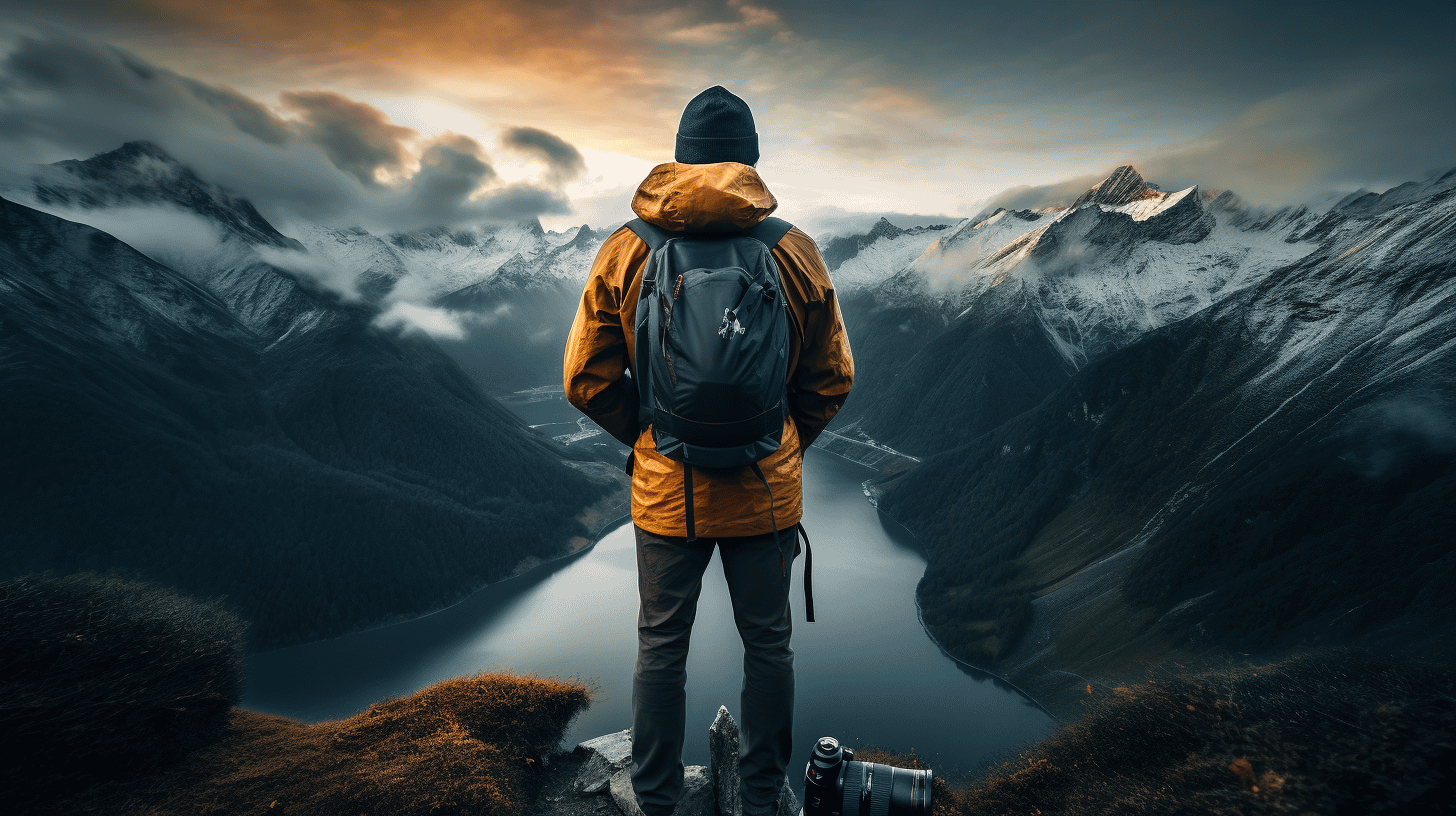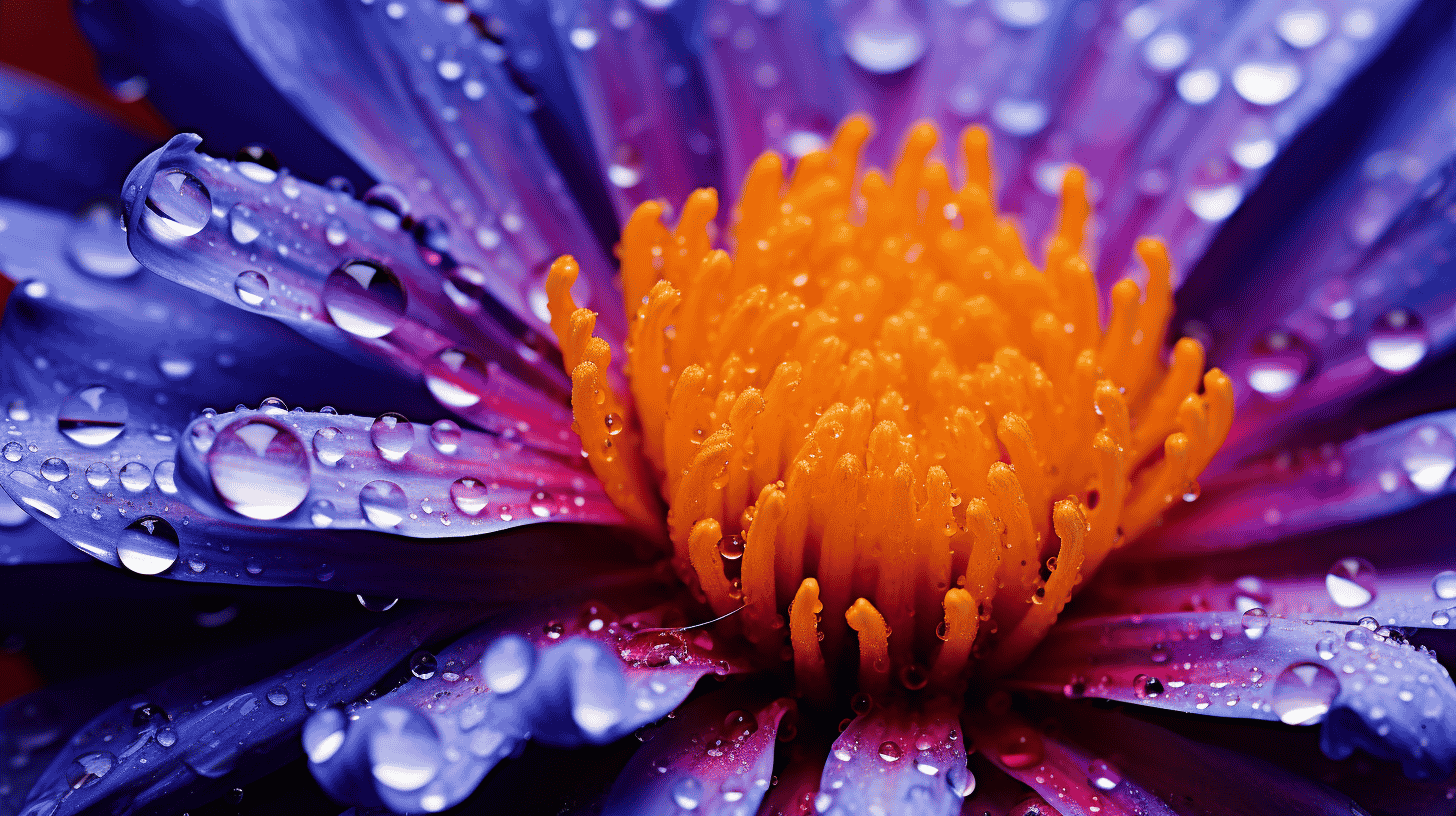If you’re just starting your journey in photography, selecting the right DSLR camera to purchase can be overwhelming. With so many options to choose from, it’s crucial to find one that meets your needs and provides room for you to learn and develop your skills. Wim Arys Photography has taken the time to compile a list of the top 10 best DSLR cameras for beginners to make the process easier for you.
In this article, we’ll discuss various factors to consider when choosing a DSLR camera, break down the features and benefits of our top 10 picks, and provide a helpful comparison table to aid in your decision-making process.
Table of Contents
- Factors to Consider When Choosing a DSLR Camera for Beginners
- Top 10 Best DSLR Cameras for Beginners
- Comparison Table
- Conclusion
Factors to Consider When Choosing a DSLR Camera for Beginners
Before diving into our top picks, let’s explore some factors you should consider when choosing the best DSLR camera for your needs.
Ease of Use
As a beginner, it’s essential to consider how user-friendly the camera is. Select a camera with straightforward controls, an intuitive menu system, and a comfortable grip. This will allow you to focus on learning the basics of photography without being overwhelmed by complicated settings and buttons.
Price
One of the primary concerns for beginners is the cost of the DSLR camera. While professional-grade cameras can run into the thousands, there are many quality options available at more affordable prices. Determine your budget and select a camera that offers the best features within your price range.
Sensor Size
The camera’s sensor size impacts the image quality and depth of field in your photos. The two most common sensor sizes in DSLR cameras are APS-C and full-frame sensors. For beginners, an APS-C sensor is often more than sufficient, offering good image quality and a crop factor that provides extra “reach” when using telephoto lenses.
Compatibility with Lenses and Accessories
It’s essential to choose a camera system with a wide range of compatible lenses and accessories. This will allow you to expand your photography skills and experiment with new styles and techniques as you grow as a photographer.
Top 10 Best DSLR Cameras for Beginners
1. Canon EOS Rebel T7i
The Canon EOS Rebel T7i is highly regarded for its user-friendly interface and excellent image quality. With a 24.2MP APS-C sensor, intuitive touchscreen controls, and a broad range of compatible lenses, this camera is an excellent option for beginners looking to explore different types of photography.
2. Nikon D3500
As an entry-level DSLR, the Nikon D3500 is an affordable and user-friendly option. With a 24.2MP APS-C sensor, a compact design, and a user-friendly interface, this camera is ideal for those venturing into photography for the first time.
3. Canon EOS Rebel SL3
The Canon EOS Rebel SL3 is a compact and lightweight option for beginners. With a 24.1MP APS-C sensor, it allows for high-quality images even in low-light situations. The vari-angle touchscreen and 4K video capabilities make it an attractive option for beginner photographers and videographers alike.
4. Nikon D5600
The Nikon D5600 is an excellent choice for beginners seeking more advanced features. This camera boasts a 24.2MP APS-C sensor, a touch-enabled articulating screen for ease of use, and compatibility with a wide range of Nikon lenses and accessories.
5. Sony Alpha A68
For those interested in branching out from Canon and Nikon, the Sony Alpha A68 is an excellent choice. With a 24.2MP APS-C sensor, in-body image stabilization, and a wide range of compatible Sony lenses, this camera offers excellent performance at an affordable price.
6. Pentax K-70
The Pentax K-70 offers rugged durability, making it suitable for outdoor photography enthusiasts. With a 24.2MP APS-C sensor and in-body image stabilization, the K-70 ensures excellent image quality even in challenging conditions.
7. Canon EOS 90D
For those willing to invest in a higher-end camera as a beginner, the EOS 90D offers excellent performance and advanced features. The 32.5MP APS-C sensor provides exceptional image quality and detail, while the 4K video capabilities make it a versatile option for photography and videography.
8. Nikon D7500
The Nikon D7500 offers more advanced features for those seeking a mid-range DSLR camera. With a 20.9MP APS-C sensor, excellent low-light performance, and compatibility with a wide range of Nikon lenses and accessories, the D7500 is a superb option for beginners looking to step up their photography game.
9. Sony Alpha A6100
Though technically a mirrorless camera, the Sony Alpha A6100 is a fantastic option for beginners seeking a more compact camera system. With a 20.1MP APS-C sensor, lightning-fast autofocus capabilities, and a broad range of compatible lenses, this camera is an excellent option for those looking to expand their skillset.
10. Fujifilm X-T200
The Fujifilm X-T200 is a beginner-friendly mirrorless camera with a vintage aesthetic. The camera features a 24.2MP APS-C sensor, an intuitive touchscreen interface, and compatibility with a wide range of Fujifilm lenses, making it a popular choice among photography enthusiasts.
Comparison Table
Use the comparison table below to quickly compare features and specifications of our top 10 DSLR cameras for beginners:
| Camera | Sensor | Form Factor | Video Resolution |
|---|---|---|---|
| Canon EOS Rebel T7i | 24.2MP APS-C | DSLR | 1080p |
| Nikon D3500 | 24.2MP APS-C | DSLR | 1080p |
| Canon EOS Rebel SL3 | 24.1MP APS-C | DSLR | 4K |
| Nikon D5600 | 24.2MP APS-C | DSLR | 1080p |
| Sony Alpha A68 | 24.2MP APS-C | DSLR | 1080p |
| Pentax K-70 | 24.2MP APS-C | DSLR | 1080p |
| Canon EOS 90D | 32.5MP APS-C | DSLR | 4K |
| Nikon D7500 | 20.9MP APS-C | DSLR | 4K |
| Sony Alpha A6100 | 24.2MP APS-C | Mirrorless | 4K |
| Fujifilm X-T200 | 24.2MP APS-C | Mirrorless | 4K |
Conclusion
Our list of the top 10 best DSLR cameras for beginners offers a variety of options to kickstart your photography journey, catering to different budgets, interests, and levels of experience. Take the time to consider what features are most essential to you, weigh your options, and invest in the camera that best fits your needs. Remember, a good camera is just the first step in your journey; practice, experimentation, and creativity are what will make you a great photographer.




0 Comments